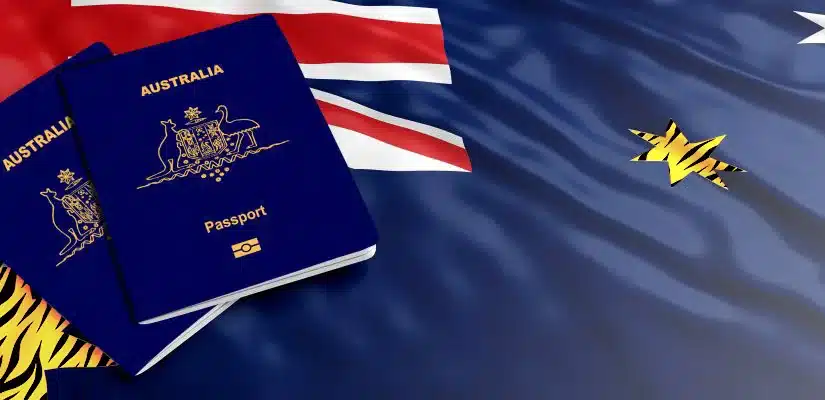From July 1, 2023, a series of changes affecting foreign nationals wishing to travel and work in Australia came into effect. As outlined by Australian Home Affairs Minister Clare O’Neil, these amendments will bring about substantial alterations to the current migration rules. The reforms aim to streamline the selection process for highly-skilled overseas migrants, improve labor market flexibility for temporary migrants, and incentivize international students to prolong their stay in Australia. Moreover, these changes bear implications for current and prospective visa holders, expatriates, and businesses requiring access to in-demand workers. With an increase in visa filing fees also on the horizon, it is crucial for all relevant parties to fully understand the implications of these new process requirements and navigate the potential cost implications proactively.
- From July 1, 2023, changes will affect foreign nationals wishing to travel and work in Australia. These alterations aim to provide employers the ability to select highly-skilled migrants from overseas, increase labor market mobility for temporary migrants, and encourage international students to stay in the country.
- Increased visa filing fees from July 1, 2023, could potentially increase the overall cost of international assignments to Australia.
- Starting May 31, 2023, businesses applying for the Temporary Skill Shortage (TSS) subclass 482 visa for U.K. passport holders will no longer have to meet Labour Market Testing (LMT) requirements due to the Australia-United Kingdom Free Trade Agreement (Australia-U.K. FTA).
- New arrangements under the Working Holiday Maker (WHM) program and Youth Mobility Scheme have been agreed upon by Australia and the U.K. From July 1, 2023, U.K. passport holders aged 18-35 can apply for a Working Holiday visa. By July 1, 2024, these passport holders can get up to three separate Working Holiday visas without any specific work requirements.
- Starting July 1, 2023, New Zealand citizens residing in Australia for at least four years can apply directly for Australian citizenship, without needing to first apply for and be granted a permanent visa.
- For New Zealand citizens holding a Special Category Visa (SCV) (subclass 444), several changes will occur from July 1, 2023:
- Long-term New Zealand citizens residing in Australia will have their period of permanent residence backdated for citizenship purposes.
- All New Zealand citizens with an SCV will be considered permanent residents for citizenship purposes.
- SCV granted before July 1, 2022, will have their period of permanent residence backdated to that date.
- SCV granted for the first time on or after July 1, 2022, will be considered a permanent resident from the date of their SCV grant.
- From July 1, 2023, any child born in Australia on or after July 1, 2022, to an SCV holder may automatically acquire Australian citizenship at birth.
- The Temporary Skilled Migration Income Threshold (TSMIT) will increase from $53,900 to $70,000 on July 1, 2023.
- Visa application charges (VACs) will increase by the 2023-24 forecast consumer price index (CPI) of 3.25% from July 1, 2023.
- Student visa holders will need to comply with their visa work conditions from July 1, 2023. Their permitted work hours will increase from 40 to 48 hours per fortnight. Student visa holders working in the ‘aged care’ sector will have unlimited work rights until December 31, 2023.
- Working Holiday Maker visa holders will also need to comply with their visa work conditions from July 1, 2023. They will generally only be able to work for any one employer for up to six months as per their original visa condition. Any work done for an employer before July 1, 2023, will not be counted towards the six-month period.
The extensive amendments to Australia’s migration rules commencing July 1, 2023, bring significant implications for foreign nationals wishing to live, work, or study in Australia. By opening up new opportunities for skilled overseas workers and enhancing mobility in the labor market, the Australian government seeks to bolster its economic potential and growth. Meanwhile, special agreements with the United Kingdom and New Zealand represent significant strides towards fostering closer international relations. However, the increased costs related to visa applications necessitate careful planning and budgeting for both individuals and businesses. All in all, staying informed and prepared in the face of these changes is pivotal for anyone looking to engage with Australia’s evolving migration landscape.

